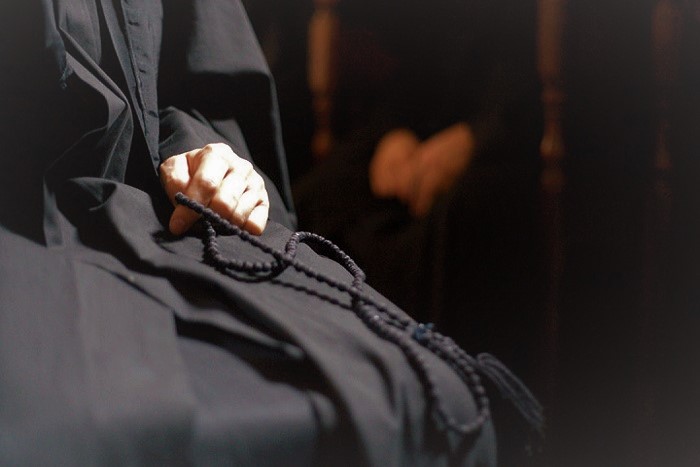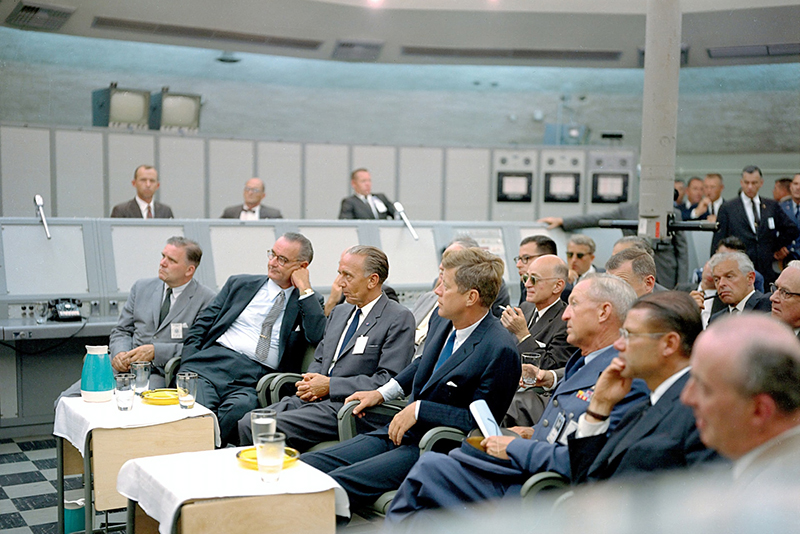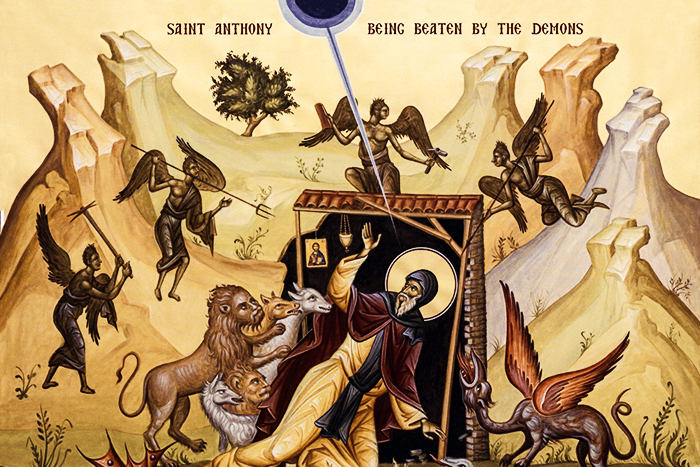
In our exploration of divine service, we turn our focus today to one of the shortest praise hymns, “Alleluia,” a familiar yet profound acclamation frequently used in daily prayers and church services.
Despite its brief and often automatic utterance, “Alleluia” harbours a rich history and meaning worthy of our attention.
Originating from the Hebrew language, “Alleluia” comprises the initial letters of God’s name, translating to “praise the Lord.” This acclamation isn’t merely a word; it’s a response sung by the congregation following the priest’s call, emphasizing its significance in worship.
Its usage is believed to have been initiated by King David, marking its absence prior to his reign. The First Book of Chronicles and the Psalms highlight “Alleluia’s” role in Jewish worship, either concluding psalms as a standalone song of praise or used alongside “Amen” as a communal response during divine service: “Blessed be the Lord, the God of Israel, from everlasting to everlasting! And all the people said, Amen! Alleluia!” (1 Chron. 16, 36)
“He gave them the lands of the Gentiles, and they inherited the labor of the nations, that they might observe His statutes and keep His laws. Alleluia!” (Ps. 104, 44-45)
In the New Testament, the Revelation of John the Theologian incorporates “Alleluia” within a complex formula, expressing gratitude for the defeat of Babylon the Great. This usage underscores its enduring relevance in Christian worship: “And I heard, as it were, the voice of a great multitude, as the sound of many waters and as the sound of mighty thunderings, saying, ‘Alleluia! For the Lord God Omnipotent reigns!'” (Rev. 19: 6)

Lent introduces special “Alleluia” services, characterized by the replacement of “God is the Lord…” with “Alleluia” at Matins during weekdays, alongside verses from the Prophet Isaiah: “With my soul I have desired You in the night, yes, by my spirit within me I will seek You early; for when Your judgments are in the earth, the inhabitants of the world will learn righteousness” (Isaiah 26:9). This nomenclature stems from the unique liturgical focus on “Alleluia” during fasts, although its use is not limited to this period. The acclamation also finds a place in memorial services (e. g., on memorial Saturdays, with verses of Psalms 24, 64 and 101) showcasing its liturgical versatility across various rites, including Eastern Christianity and the Spanish-Mosarabic tradition.
Despite these varied applications, a common thread in the emotional rather than semantic content of “Alleluia” becomes apparent.
Its solemn introduction in liturgical settings contrasts with its usage in penitential or funeral services, challenging our understanding of its traditionally joyous connotations among ancient Jews and early Christians. Professor Ivan Alekseevich Karabinov highlighted at the 1917-1918 Local Council that “Alleluia” services, originally a daily practice, evolved into a fasting-specific observance.
Regardless of the established liturgical traditions, Christians embrace “Alleluia” not only as a liturgical tradition but as a perpetual call to glorify God, transcending the confines of repentance and remembrance, and enriching our spiritual and liturgical life.
Translated by The Catalogue of Good Deeds
Source: https://spzh.media/ru/istorija-i-kulytrua/87668-allilujja-chego-my-ne-znali-o-samom-kratkom-slavoslovii




